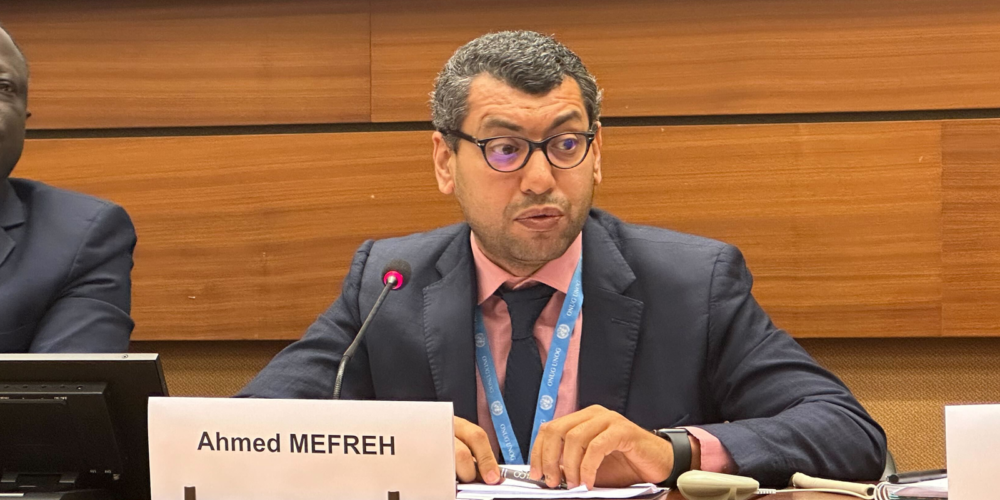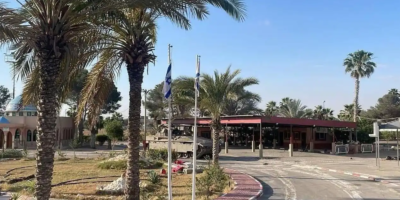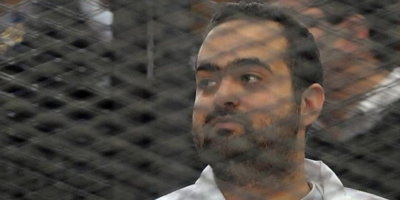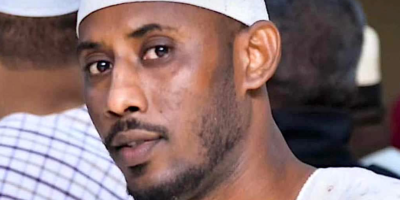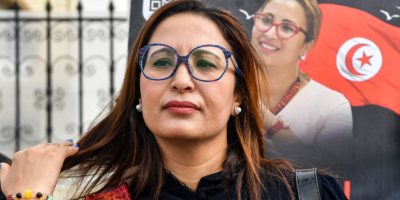Press release
Geneva, March 8, 2024
Ahmed Mefreh, Executive Director of the Committee for Justice, delivered assessment at a side event organized by the Union Against Torture during the 55th session of the United Nations Human Rights Council. Mefreh expressed deep concerns about ongoing human rights violations in Egypt, particularly the use of force by law enforcement during gatherings, highlighting the disconnect between Egypt’s attempts to improve its human rights image and the reality of systematic repression.
During his speech, Mefreh pointed to the alarming situation in Egypt, where the right to peaceful assembly is criminalized by strict legislation. He emphasized the absolute power of security forces to ban protests and use force against demonstrators, which has resulted in excessive and lethal measures. Mefreh cited two laws, The Colonial Assembly Law (No. 10 of 1914) and the Demonstration Law (No. 107 of 2013), both contributing to the suppression of peaceful assembly, with severe penalties ranging from imprisonment to hefty fines.
The Executive Director underscored that the use of force by security forces, permitted under the 1971 Police Law, violates international standards and treaties prohibiting torture and ill-treatment. Mefreh specifically referenced the events of October 2023, where Egyptian security forces arbitrarily arrested over a hundred peaceful protesters, some of whom faced enforced disappearance and assault during detention. These actions, occurring just before the 2023 presidential elections, exemplify the continued repression against the Egyptian people.
On International Women’s Day, Mefreh highlighted reprisals against women protesters in Egypt, expressing concern that these actions may amount to torture and ill-treatment. He connected this issue to the failure of holding military officers accountable for violence against
women during protests in 2011, fostering a culture of impunity among law enforcement.
Mefreh also touched upon the illegal mass killings of over 800 peaceful protesters in 2013 during the dispersal of the Rabaa and Nahda sit-ins in Cairo. He underscored the lack of accountability, where no political or military official has been held responsible for the largest massacre committed by security personnel in the country’s history.
Despite Egypt’s claims to the Committee against Torture regarding the establishment of a code of conduct and training programs for law enforcement, Mefreh raised concerns about low participation rates and a lack of transparency regarding the programs’ effectiveness. He highlighted the erosion of principles of proportionality and accountability in using force, pointing out the normalization of these issues under President Abdel Fattah Al-Sisi’s leadership.
In conclusion, Mefreh argued that Egypt’s recent initiatives, such as the national initiative in 2022 and the declaration of 2022 as the “Year of Civil Society,” fall short of addressing the systematic repression that has persisted over the past decade. The efforts to beautify Egypt’s human rights record, he asserted, do not align with the ongoing erosion of civil liberties and the dim prospects for a democratic transition in the country.
